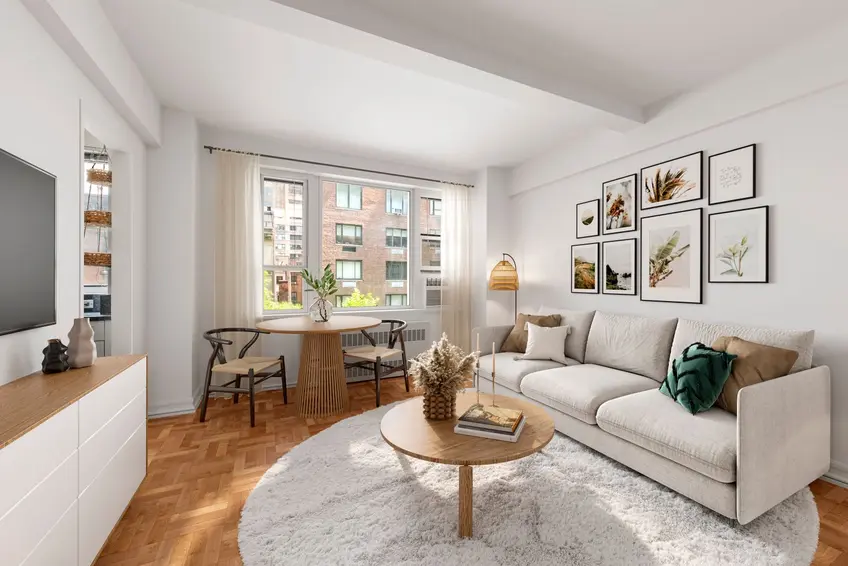 30 East 37th Street, Unit 6G (Compass)
30 East 37th Street, Unit 6G (Compass)
In most cases, investment properties are purchased after one has purchased their own home. In some cases, however, buying an investment property first can be a strategic way to set yourself up for future homeownership opportunities. This article explores when, why, and how to buy an investment property before buying a primary residence, and why this unusual scenario may be particularly strategic in New York City's current real estate market.
In this article:
When to buy an investment property
Compared to most Americans, New Yorkers report higher than average incomes. In 2022, the median household income in the New York City area was $91,562 compared to just $74,755 nationwide. Although New Yorkers report higher median household incomes than most Americans, they also face a much higher than average cost of living. According to the Council for Community and Economic Research’s Cost of Living Index, in the first quarter of 2023, the after-tax cost for a professional/managerial standard of living in Manhattan was more than twice the national average (the study compared the cost of living in 271 U.S. urban areas).New York City’s high median household incomes and exceptionally high cost of living means that some New Yorkers can afford to invest in real estate but can't afford to buy a primary residence that meets their current needs in terms of location or size. For example, a buyer may be well positioned to invest in a small studio or one-bedroom in some New York City neighborhoods but not to buy and maintain a family-sized apartment in their current neighborhood of choice.
While common sense may suggest that it is always best to save until it is possible to purchase a primary residence, in some cases, investing in a unit and renting it out can be a strategic way to enter the market and set yourself up for a future home purchase.
While common sense may suggest that it is always best to save until it is possible to purchase a primary residence, in some cases, investing in a unit and renting it out can be a strategic way to enter the market and set yourself up for a future home purchase.
Why to buy an investment property
There are three primary reasons renters may want to invest in a property, even if they are unable to purchase a property that can currently work as their own primary residence.Building equity
It is no secret that real estate investing is a great way to build equity. While big returns often take decades to be realized, in New York City, even a relatively short-term investment may be strategic. If in doubt, consider the returns local buyers saw on properties purchased as the city was recovering from the 2008 mortgage crisis. In many Brooklyn and Queens neighborhoods, properties purchased in 2010 had nearly doubled in value by 2019. Although such returns are never a guarantee, in New York City, investing in property nearly always pays off and can offer a higher and quicker return on investment than many other investment strategies.
It is no secret that real estate investing is a great way to build equity. While big returns often take decades to be realized, in New York City, even a relatively short-term investment may be strategic. If in doubt, consider the returns local buyers saw on properties purchased as the city was recovering from the 2008 mortgage crisis. In many Brooklyn and Queens neighborhoods, properties purchased in 2010 had nearly doubled in value by 2019. Although such returns are never a guarantee, in New York City, investing in property nearly always pays off and can offer a higher and quicker return on investment than many other investment strategies.
Leveraging the tax advantages of home ownership
If you invest in a property and rent it out, you will need to claim your rental income on your taxes, but this doesn't mean that you'll need to claim every penny. All forms of ownership offer tax advantages (e.g., the ability to write off your mortgage interest and property taxes). If you purchase an investment property, however, there are additional ways to lower your tax liability. Legitimate write-offs for landlords include property management fees, building maintenance fees, advertising, and legal and accounting fees. As the owner of an investment property, you can also take advantage of depreciation (e.g., the assumed loss of your unit’s value over time due to general wear and tear).
If you invest in a property and rent it out, you will need to claim your rental income on your taxes, but this doesn't mean that you'll need to claim every penny. All forms of ownership offer tax advantages (e.g., the ability to write off your mortgage interest and property taxes). If you purchase an investment property, however, there are additional ways to lower your tax liability. Legitimate write-offs for landlords include property management fees, building maintenance fees, advertising, and legal and accounting fees. As the owner of an investment property, you can also take advantage of depreciation (e.g., the assumed loss of your unit’s value over time due to general wear and tear).
Building and diversifying your credit
Anyone who has ever looked at their credit report knows that to build credit, one also needs to borrow. While credit cards may be a first step, other types of loans, including home loans, help diversify your credit and will, over time, help build your credit history and score as long as you continue to pay off your loans on time. So, despite the fact that buying an investment property will likely increase your overall debt (unless you’re positioned to close an all-cash deal), it will also likely make you appear more creditworthy to lenders.
Anyone who has ever looked at their credit report knows that to build credit, one also needs to borrow. While credit cards may be a first step, other types of loans, including home loans, help diversify your credit and will, over time, help build your credit history and score as long as you continue to pay off your loans on time. So, despite the fact that buying an investment property will likely increase your overall debt (unless you’re positioned to close an all-cash deal), it will also likely make you appear more creditworthy to lenders.
How to buy an investment property
It goes without saying that if you're investing because you can't yet afford to buy the home of your dreams, your property search will be different. Since this isn't about your personal housing needs, focus on three key factors: what you can afford, the property's income-generating potential, and the property's potential to offer a strong return. For this reason, you'll want to do your research and likely focus on up-and-coming neighborhoods with the greatest potential to see sharp increases in property values in the near future. Still, these aren’t the only considerations when buying an investment property.Before purchasing an investment property, you'll also want to ask yourself the following questions:
- Can the unit be rented out at market rate, or is it rent-stabilized?
- Does the building in question permit rentals? If so, can you rent out your unit immediately, or is there a period when the unit must be owner-occupied?
- What is the current market rent on similar units in the building and surrounding neighborhood?
- Will market rent meet or exceed your estimated monthly mortgage and building fee costs?
- If the unit ends up vacant for several months, can you easily cover the mortgage and fees?
- What other expenses will you need to be prepared to cover (e.g., brokerage fees, unit maintenance, management fees, etc.)?
Would you like to tour any of these properties?
Just complete the info below.
Or call us at (212) 755-5544
Making the most of your equity
When you invest in a property before buying your own home, the end goal is to build up enough equity to buy a home that meets your needs, but don't assume the only way to accomplish this goal is to trade investing for personal home ownership.If your home builds up sizable equity, you may be able to eventually sell your original investment property, purchase your own residence, and reinvest in a new property. Notably, if you buy another investment property and it is worth more than the original investment property, you can also avoid paying capital gains on the sale. But you don't necessarily need to sell your original investment property to start building a real estate portfolio.
If you’ve built up substantial equity on your investment property, you may be able to refinance rather than sell it, using any money you pull out of the refinance to purchase the primary residence you've always wanted. If this is part of your plan, however, bear in mind that lenders will typically only loan part (on average 80-85%) and not all of the equity your investment has built up since your original purchase.
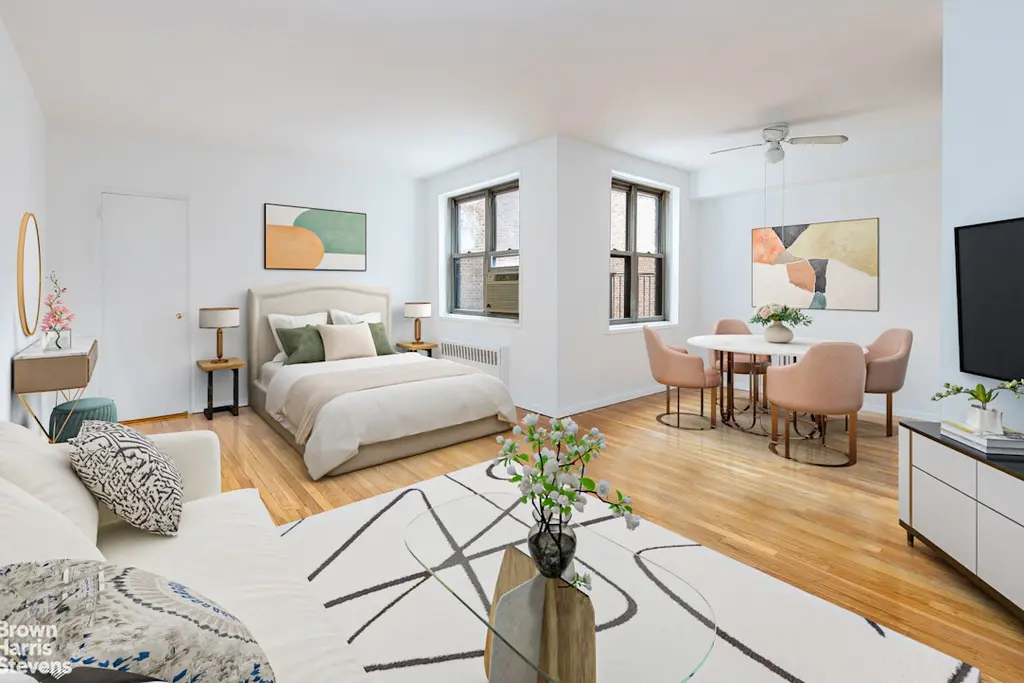
350 East 30th Street, #6N (Brown Harris Stevens Residential Sales LLC)
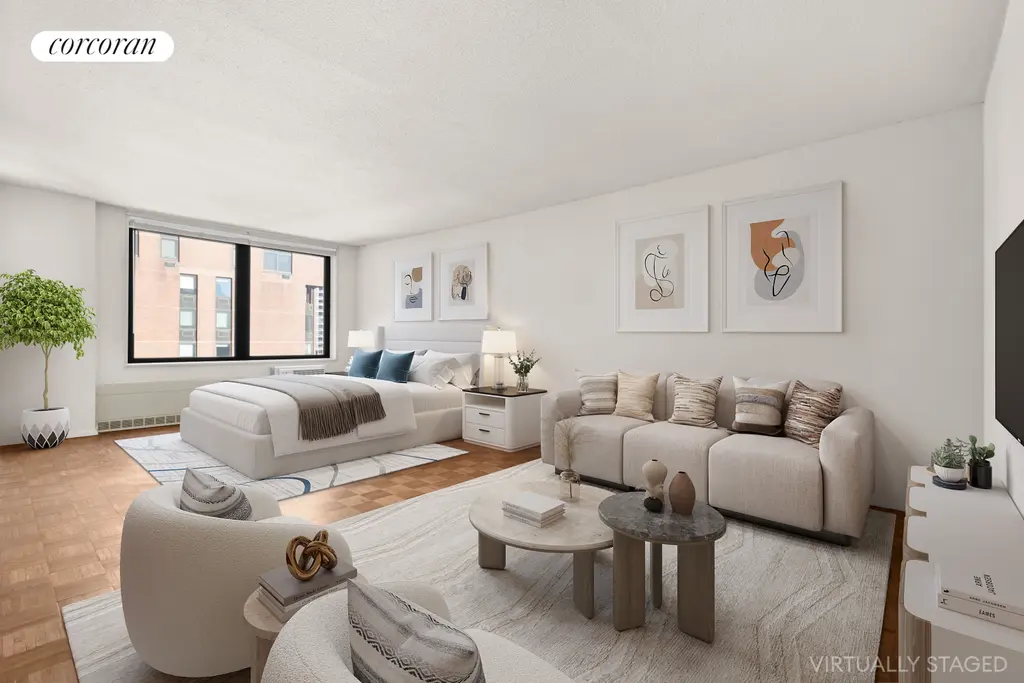
Ruppert Towers 2, #15B (Corcoran Group)
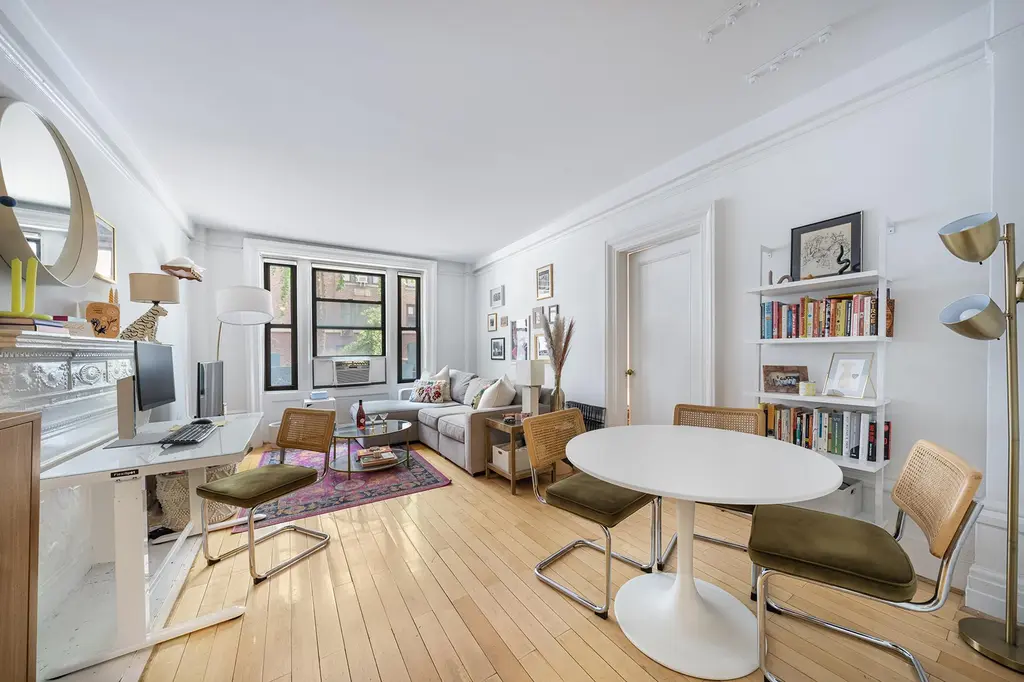
146 East 49th Street, #2A (MANTUS REAL ESTATE)
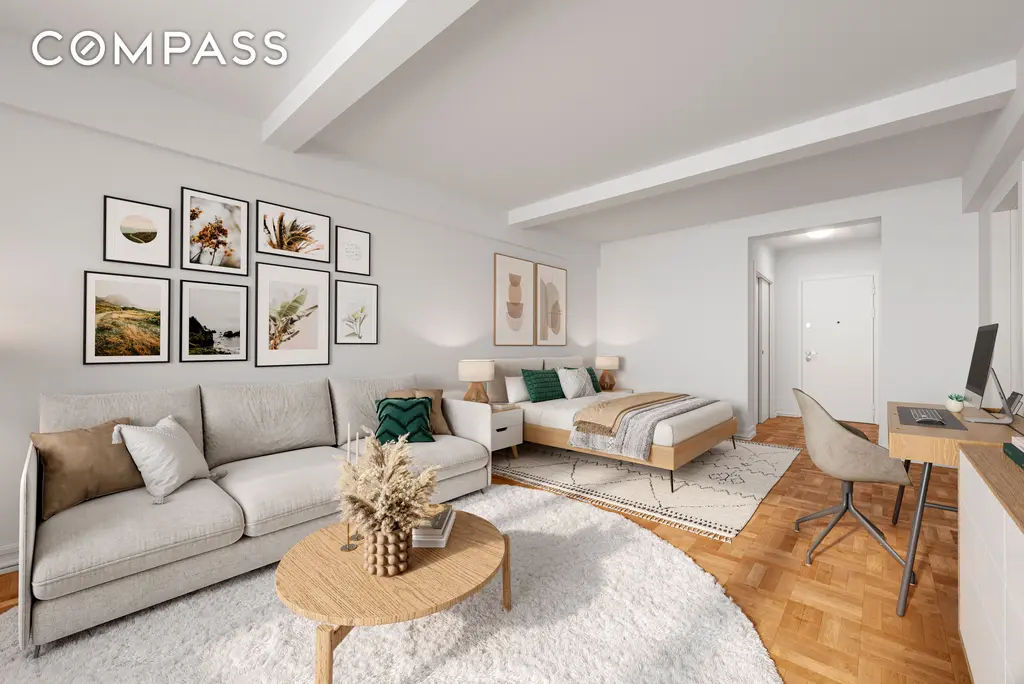
Morgan Park Condominium, #6G (Compass)
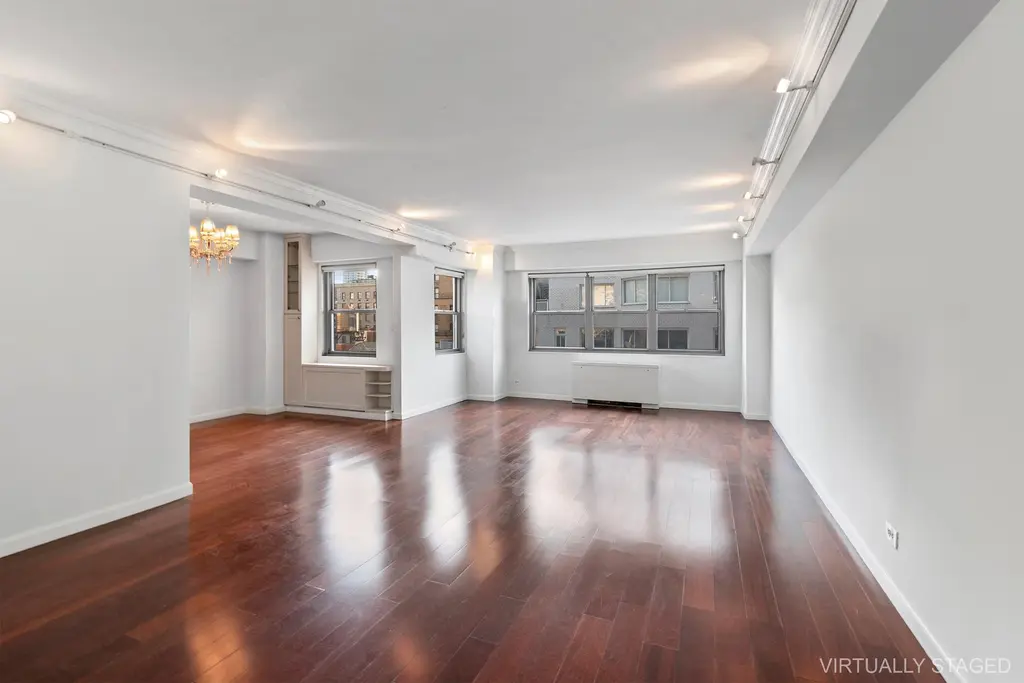
27 East 65th Street, #14E (Douglas Elliman Real Estate)
12 East 75th Street, #4f
$849,000 (-12.9%)
Park/Fifth Ave. to 79th St. | Cooperative | 1 Bedroom, 1 Bath
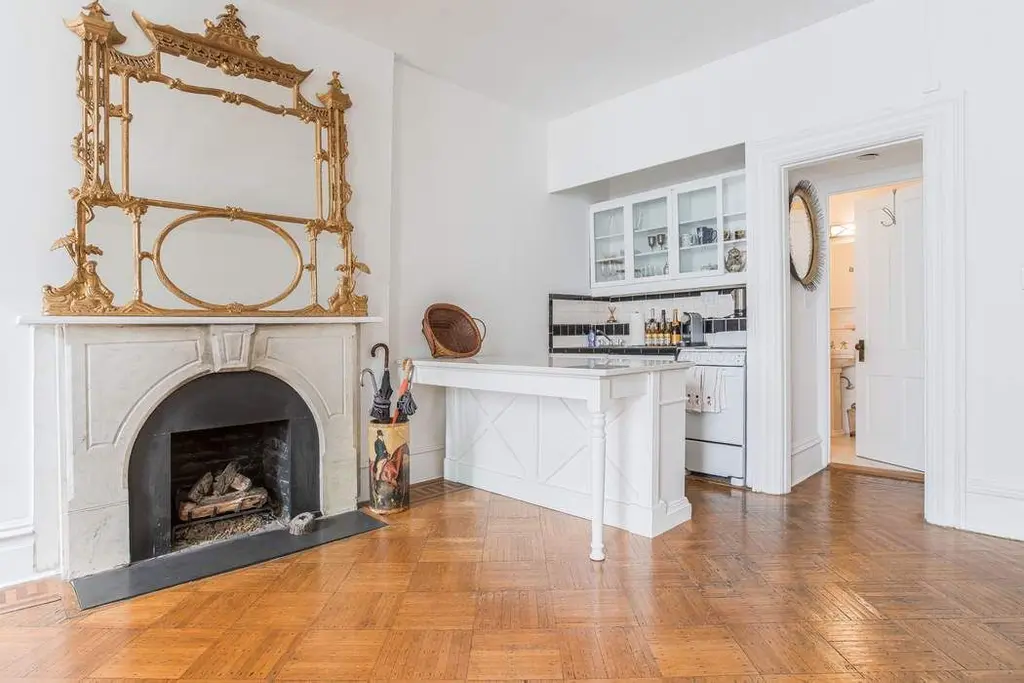
12 East 75th Street, #4f (Sothebys International Realty)
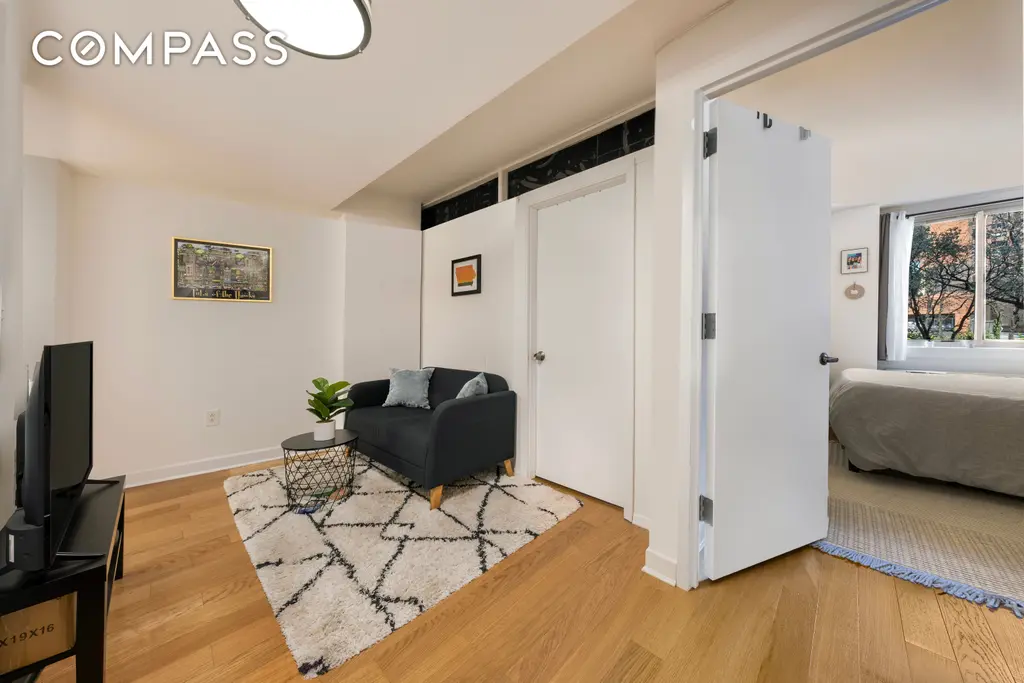
The Vantage, #3F (Compass)
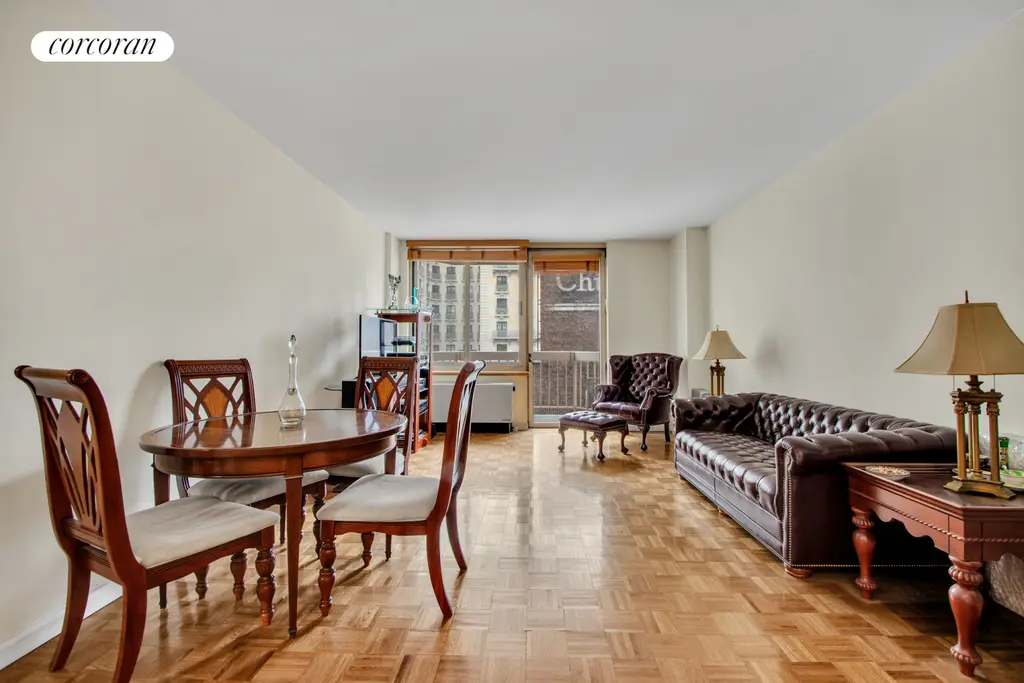
The Alexandria, #9G (Corcoran Group)
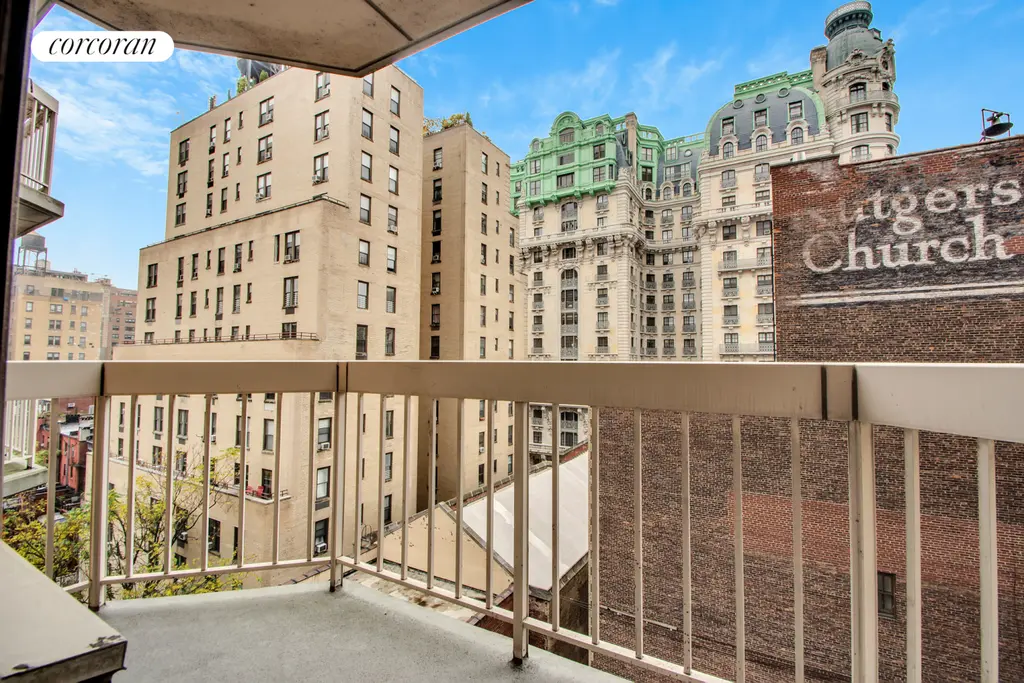
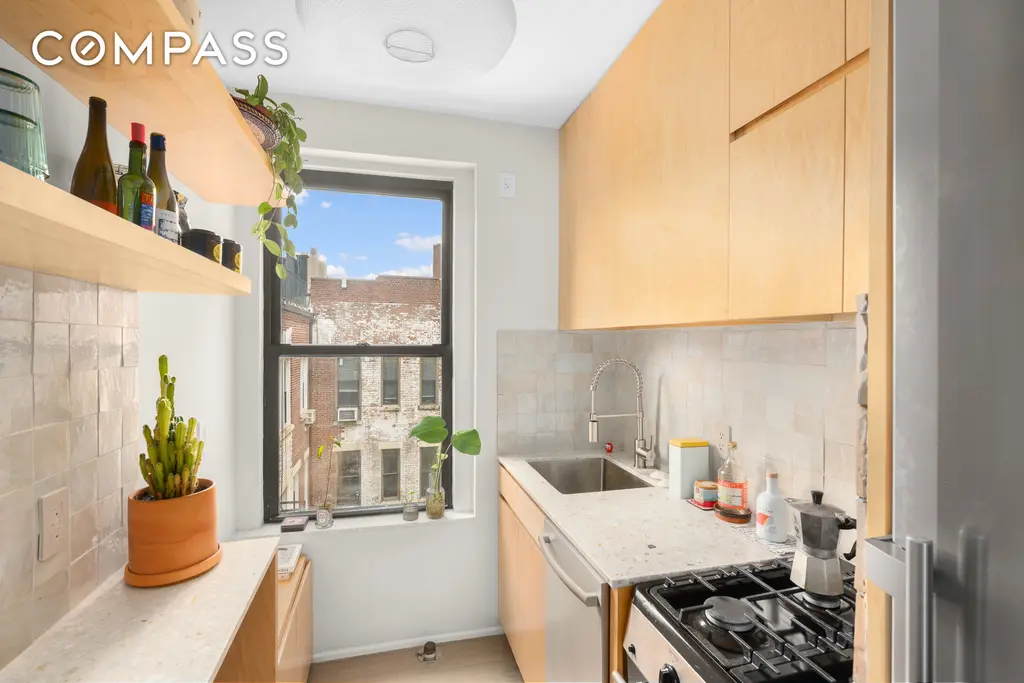
315 East 12th Street, #30 (Compass)
Would you like to tour any of these properties?
Just complete the info below.
Or call us at (212) 755-5544
Would you like to tour any of these properties?

Contributing Writer
Cait Etherington
Cait Etherington has over twenty years of experience working as a journalist and communications consultant. Her articles and reviews have been published in newspapers and magazines across the United States and internationally. An experienced financial writer, Cait is committed to exposing the human side of stories about contemporary business, banking and workplace relations. She also enjoys writing about trends, lifestyles and real estate in New York City where she lives with her family in a cozy apartment on the twentieth floor of a Manhattan high rise.









 6sqft delivers the latest on real estate, architecture, and design, straight from New York City.
6sqft delivers the latest on real estate, architecture, and design, straight from New York City.
